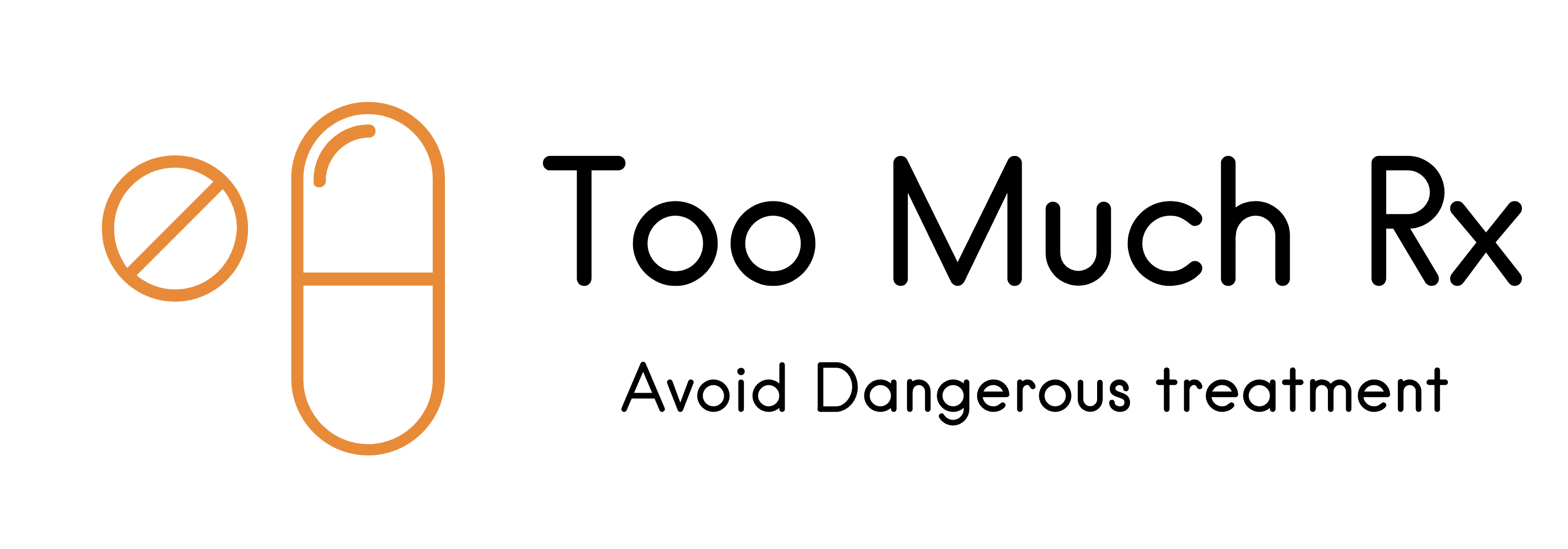
How some Southern California rehab centers exploit addiction
An in-depth report from the Orange County Register exploring the rehab industry and the victims of a broken system in an area known as the “Rehab Riviera”. Though many legitimate centers remain, critics and long-time insiders say a darker version of the industry is emerging, built around an illicit world of patient recruiters, fraud-driven clinics and drug-testing mills.
Published 5/21/2017. Full article available at www.ocregister.com.
Part 1: Some rehabs use loopholes, Obamacare to exploit addicts
As they push their grocery carts and clutch their coffees, the shoppers scurrying through the Ocean View Plaza parking lot pay little attention to Timmy Solomon.
For many, he’s easy to ignore. His hair is dirty and matted. His voice is raspy. And on this sunny Tuesday, Solomon is dragging around a bag full of cans and bottles that he hopes to sell to the RePlanet Recycling station behind the Ralph’s in San Clemente.
He wants to raise $20 so he can get high one last time before he goes into rehab.
As a kid, Solomon was taught not to steal or use drugs. But today, at 28, he’s grown up to become a shoplifter and a junkie, addicted to heroin and meth and benzodiazepines, one of the hardest drugs to kick.
Those aren’t the only contradictions in Solomon’s life.
As broke as he is, Solomon is worth hundreds of thousands of dollars. Chronic drug users like Solomon are commodities, exploited by a growing world of drug and alcohol rehab operators who put profit ahead of patient care. Everything from the opioid epidemic and Obamacare to prison realignment and legal loopholes has created conditions in which unethical operators can flourish, using addicts to bilk insurance companies and the public out of hundreds of millions of dollars.
Though many legitimate centers remain, critics and long-time insiders say a darker version of the industry is emerging, built around an illicit world of patient recruiters, fraud-driven clinics and drug-testing mills. READ MORE…
Part 2: Many recovery centers fail to deliver
The fight of Dillon DeRita’s life was etched into his flesh.
On his left forearm was a tattoo of the Serenity Prayer, with its plea for redemptive power:
“… to accept the things I cannot change; Courage to change the things I can; and wisdom to know the difference.”
On his right were needle tracks from years of injecting heroin.
Last year, that struggle brought DeRita 2,600 miles from his home in Florida to Pacific Coast Detox in Costa Mesa. The center was one of the 1,117 licensed drug and alcohol treatment facilities in Los Angeles, Orange, Riverside and San Bernardino counties, an area known in the industry as the Rehab Riviera.
DeRita put his faith – backed by an insurance policy that would have paid tens of thousands of dollars for his sobriety – in an industry that regulators, elected officials and some recovery experts say too often fails addicts in its care.
On June 26, just two days into his detox regime at Pacific Coast, DeRita spent the night in a chair on a patio. The next day he was found dead from a heart attack – at 21.
In California, one customer dies every 16 days in a licensed rehab center. READ MORE…
Part 3: Recovery homes can make tough neighbors
A hulking man stormed from the house next door, screaming, “I’m going to kill you! I’m going to (expletive) kill you!”
He raged at a woman inside a waiting car while neighbors watched from their windows and alerted police. Eventually, he climbed into the car and they drove away, but it was another blow to the serenity of Geoff Szabo’s once-quiet Murrieta neighborhood, which fractured after the drug treatment program moved in.
Similar encounters across Southern California are fueling a quietly-raging, grassroots war between homeowners and what they say is a disruptive — if not destructive — intrusion of addiction recovery centers that fundamentally change their neighborhoods. READ MORE…
More in this series
Read the latest on the Southern California rehab industry.
Graphic: How rehabs use loopholes to grab money from the health insurance system
Is there a link between neighborhood rehab programs and petty crime in California?
Before you check into your rehab center, ask these questions




